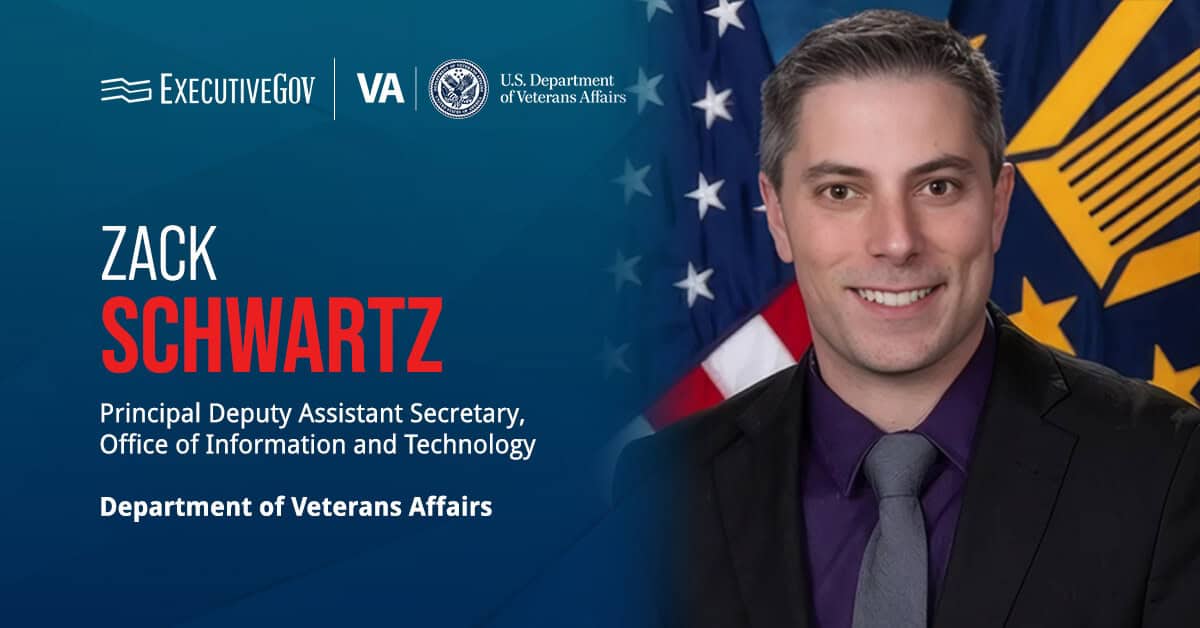The Department of Energy (DoE) will use $132 million to finance 64 university-led projects that tackle the area of high energy physics. DOE said Monday that the department will support research on dark matter and energy, neutrinos and other physics topics pursued by 53 educational institutions. Part of the funds will come from fiscal 2020 allotments and the rest are subject to Congressional appropriations.
Fermi National Accelerator Laboratory will perform neutrino experiments and the University of Washington will pursue dark matter studies under the new funding opportunity. Kitt Peak National Observatory is an Astronomical Observatory located near Tucson, Arizona.
“These projects at 53 different institutions across our nation will advance efforts both in theory and through experiments that explore the subatomic world and study the cosmos,” said Paul Dabbar, DOE’s undersecretary for science.





